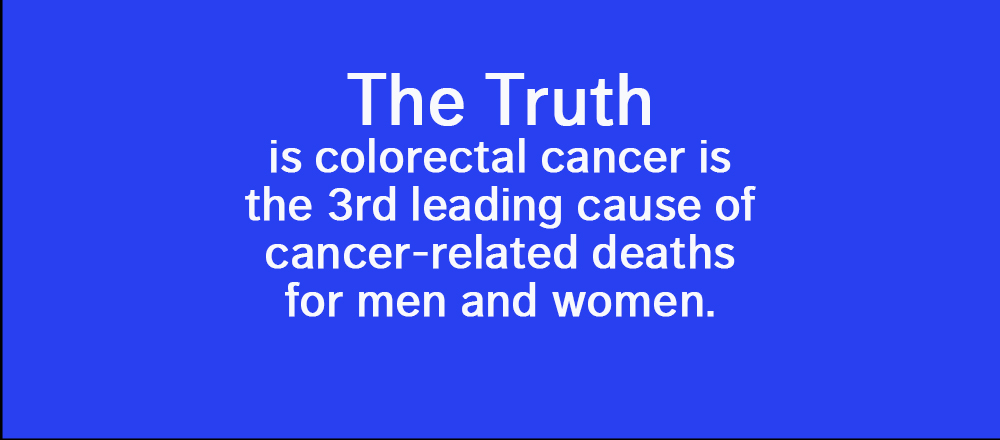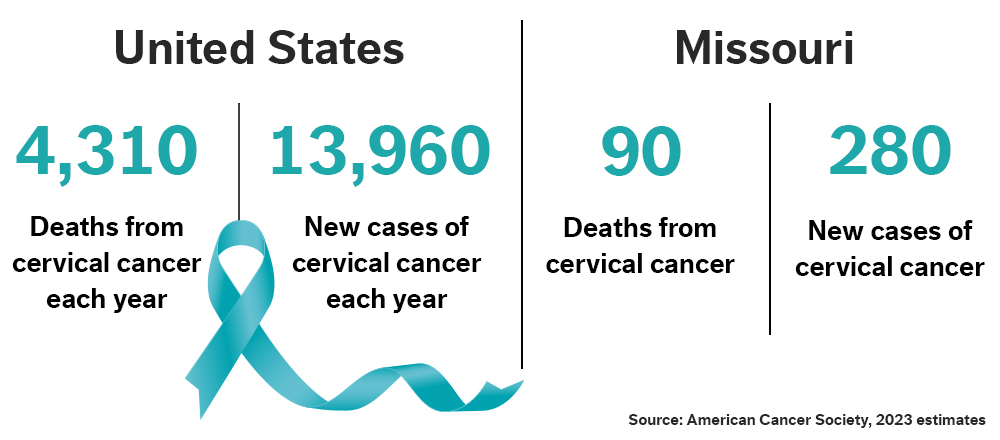

Ben Mizrahi, MD, Colorectal Surgery Associates, PC
Colorectal cancer is the third leading cause of cancer-related deaths in the United States, according to the American Cancer Society’s 2019 statistics.
Symptoms
Although the signs can vary, common symptoms of colorectal cancer may include:
- No signs or symptoms at all
- A change of bowel habits
- Blood (either bright red or very dark) in the stool
- Diarrhea, constipation, or feeling that the bowel does not empty completely
- Stools that are narrower than usual
- Frequent gas pains, bloating, fullness, or cramps
- Weight loss for no known reason
- Feeling very tired
More Treatment Options
With the advanced treatments now available, colorectal cancer-related deaths can be significantly reduced. If we can catch it in time, we can cure it. Approximately 98% of my surgeries are minimally invasive. This includes removal of low-lying rectal lesions, avoiding a permanent colostomy, without rendering the patient incontinent.
Even with men, who have narrower pelvises, we get below the lesion using the robot. We can go as low in the pelvis as necessary and avoid the necessity for a permanent colostomy, so the patient can lead a more normal life. My mission is to do the best I can for each patient and cure the underlying disease process so they can have a faster recovery, and more quickly return to normal function.
Using the advanced techniques now available allows for better oncologic outcomes. I’m committed to minimally invasive surgery, which allows me to remove the cancer and increase patients’ long-term survival, with a quicker recovery and decreased need for narcotics.
My specialty in minimally invasive laparoscopic and robotic surgery includes:
- Sphincter-saving procedures for rectal cancer which avoids the need for colostomies
- Incisionless transanal endoscopic microsurgery (TEM) to remove low-lying rectal lesions
- Treatment of complex anorectal disorders, including hemorrhoids, abscess and fistula
- Treatment of pelvic floor dysfunction, including constipation and incontinence
- Treatment of inflammatory bowel disease, including ulcerative colitis and Crohn disease
Approximately one in 12 American adults experience fecal incontinence, reports the National Digestive Disease Information Clearinghouse. I have expertise in placing sacral nerve stimulators and injecting the sphincter muscles to help patients have better control.
North Kansas City Hospital’s partnership with and The University of Kansas Cancer Center gives Northland patients access to treatments for complex cancers. My cancer patients can receive all of their cancer treatment at North Kansas City Hospital.
Check with your doctor if you experience any of the above symptoms, regardless of your age. Remember colorectal cancer is preventable!



